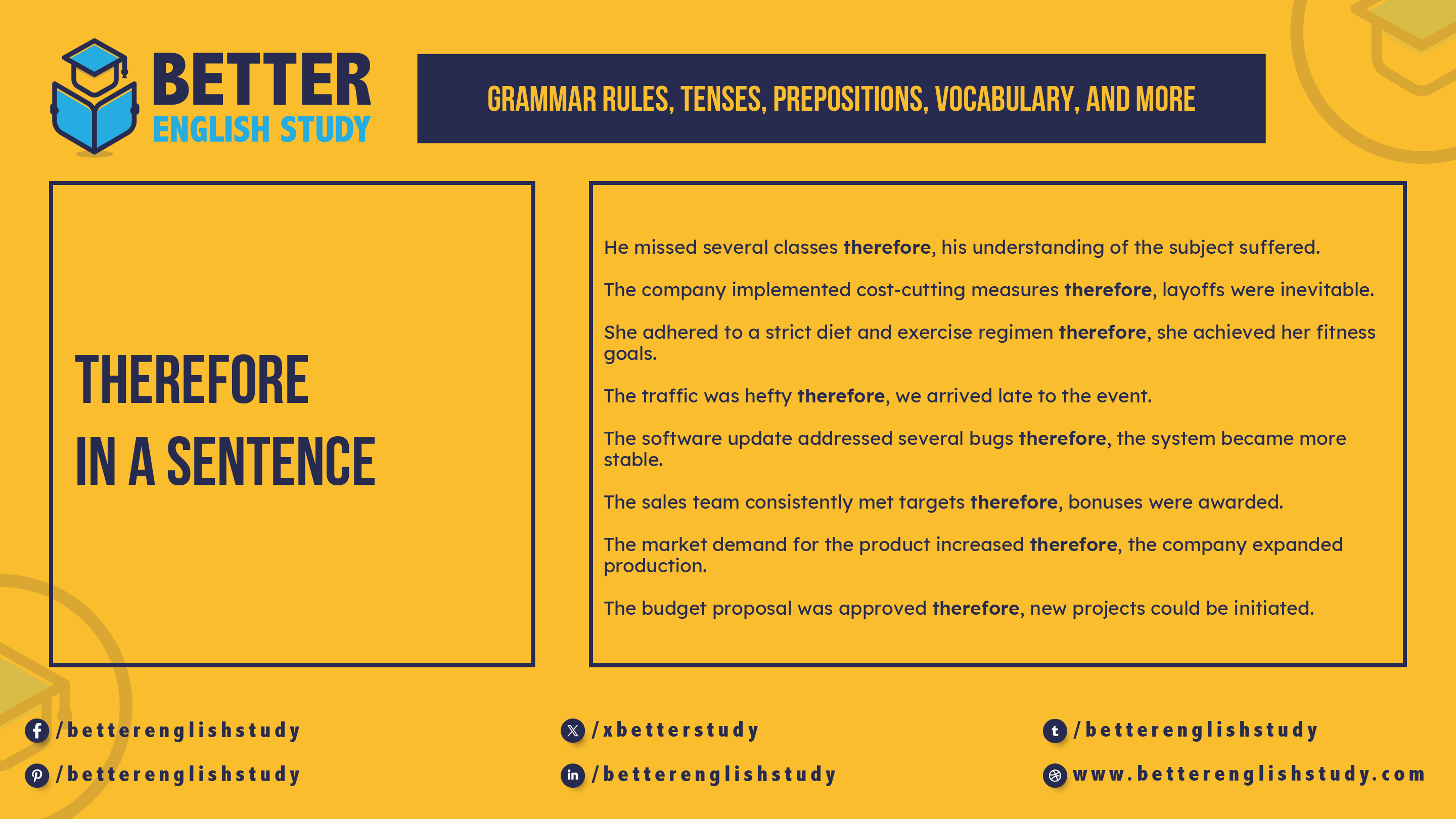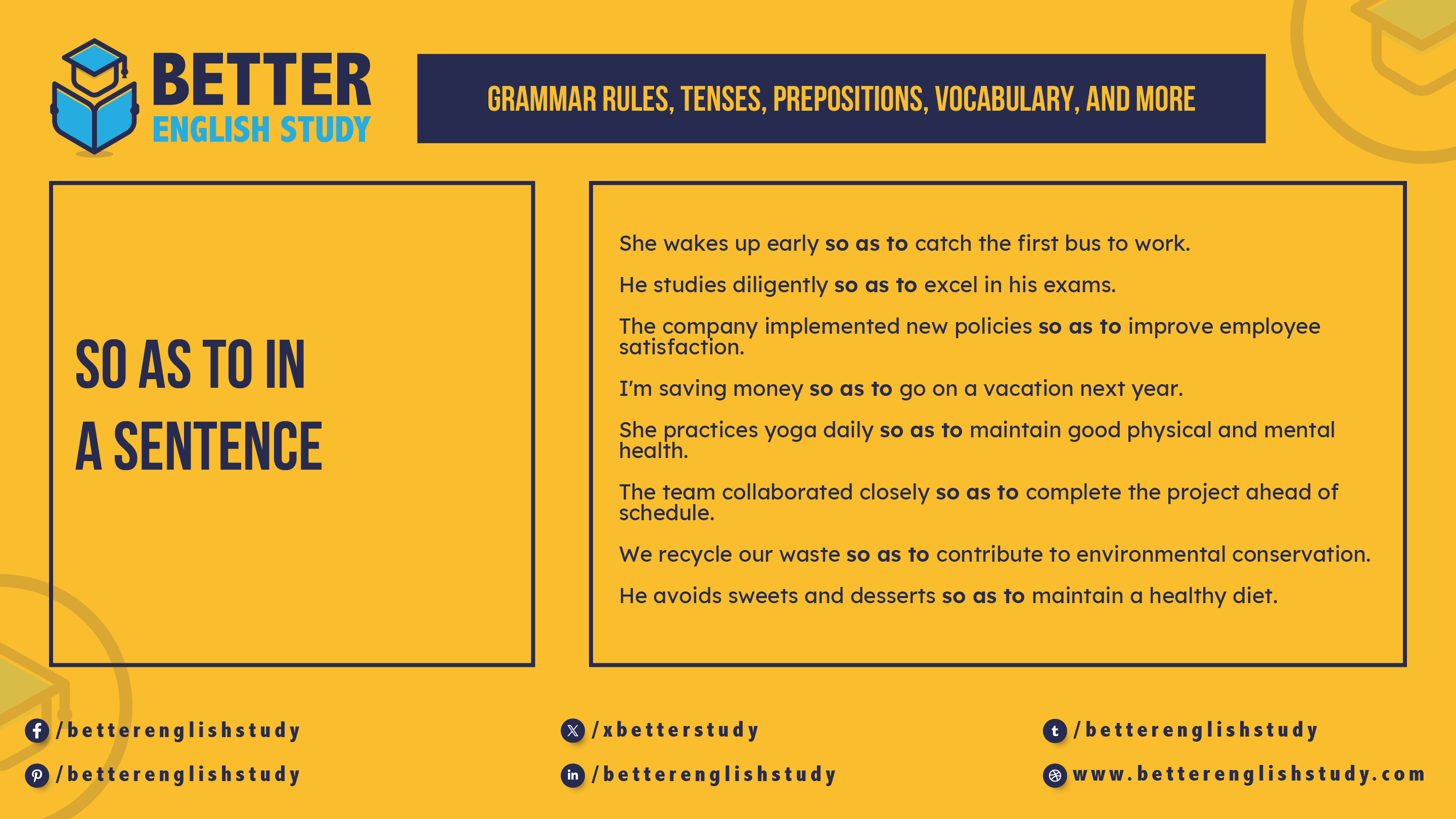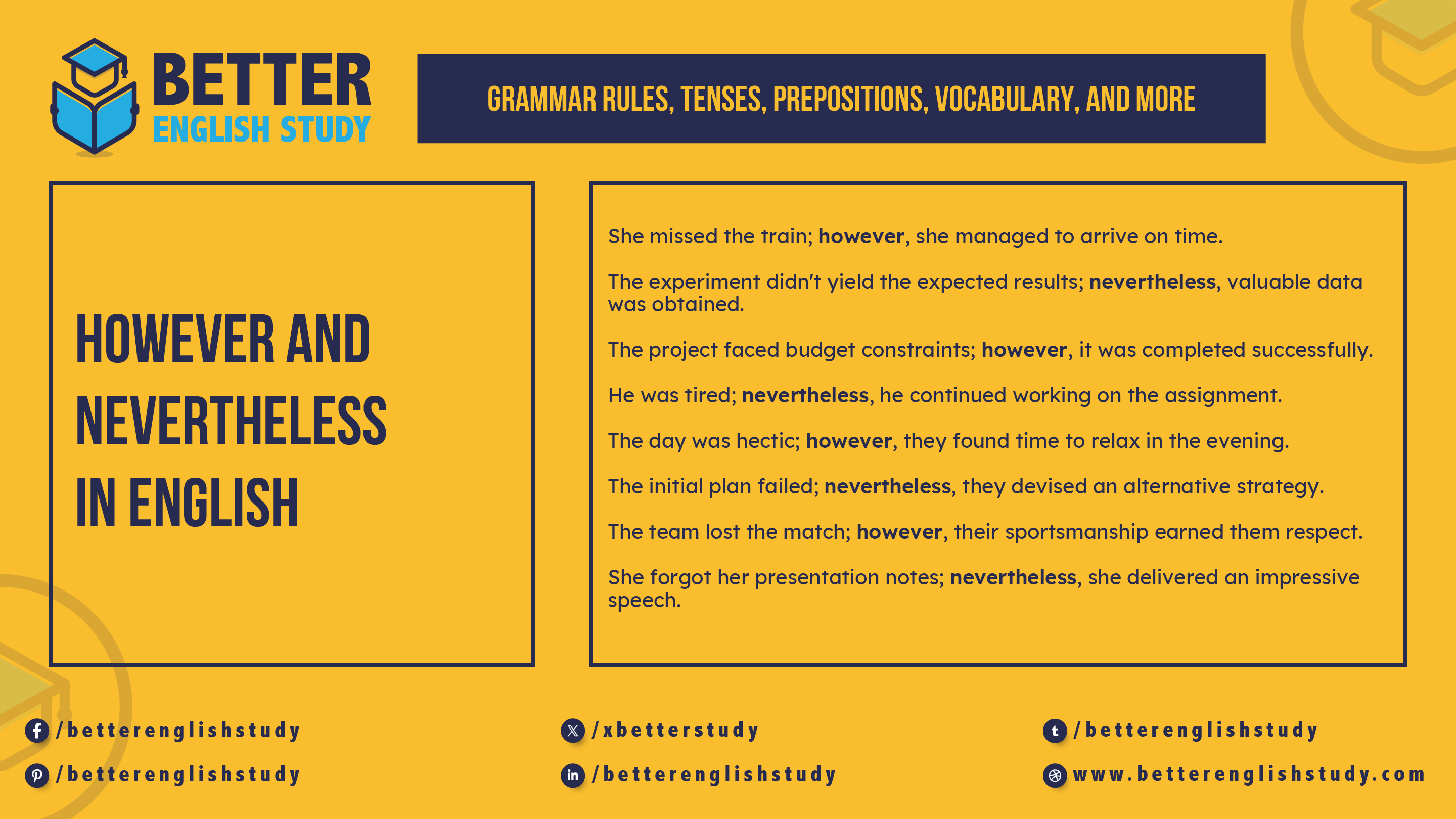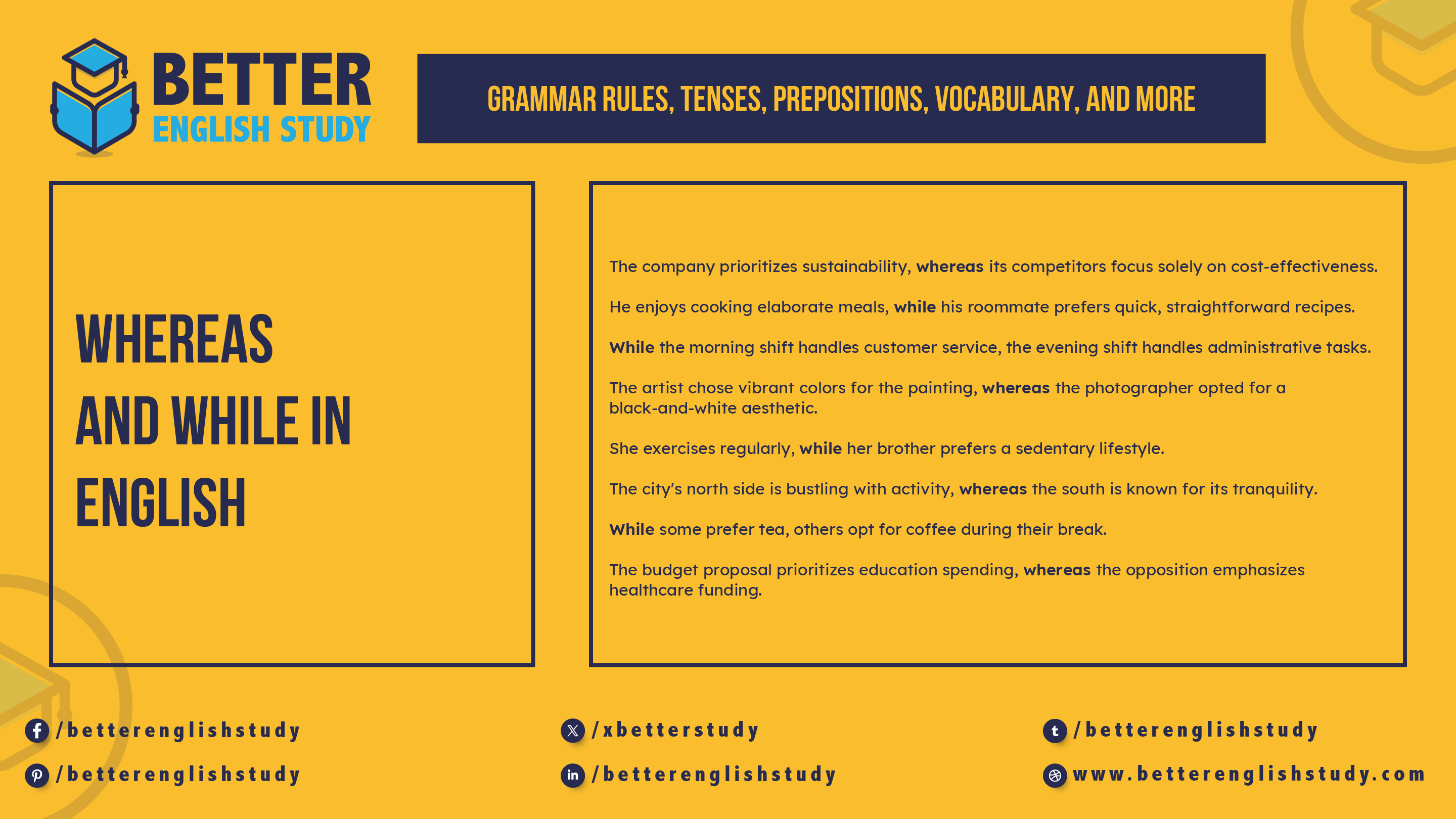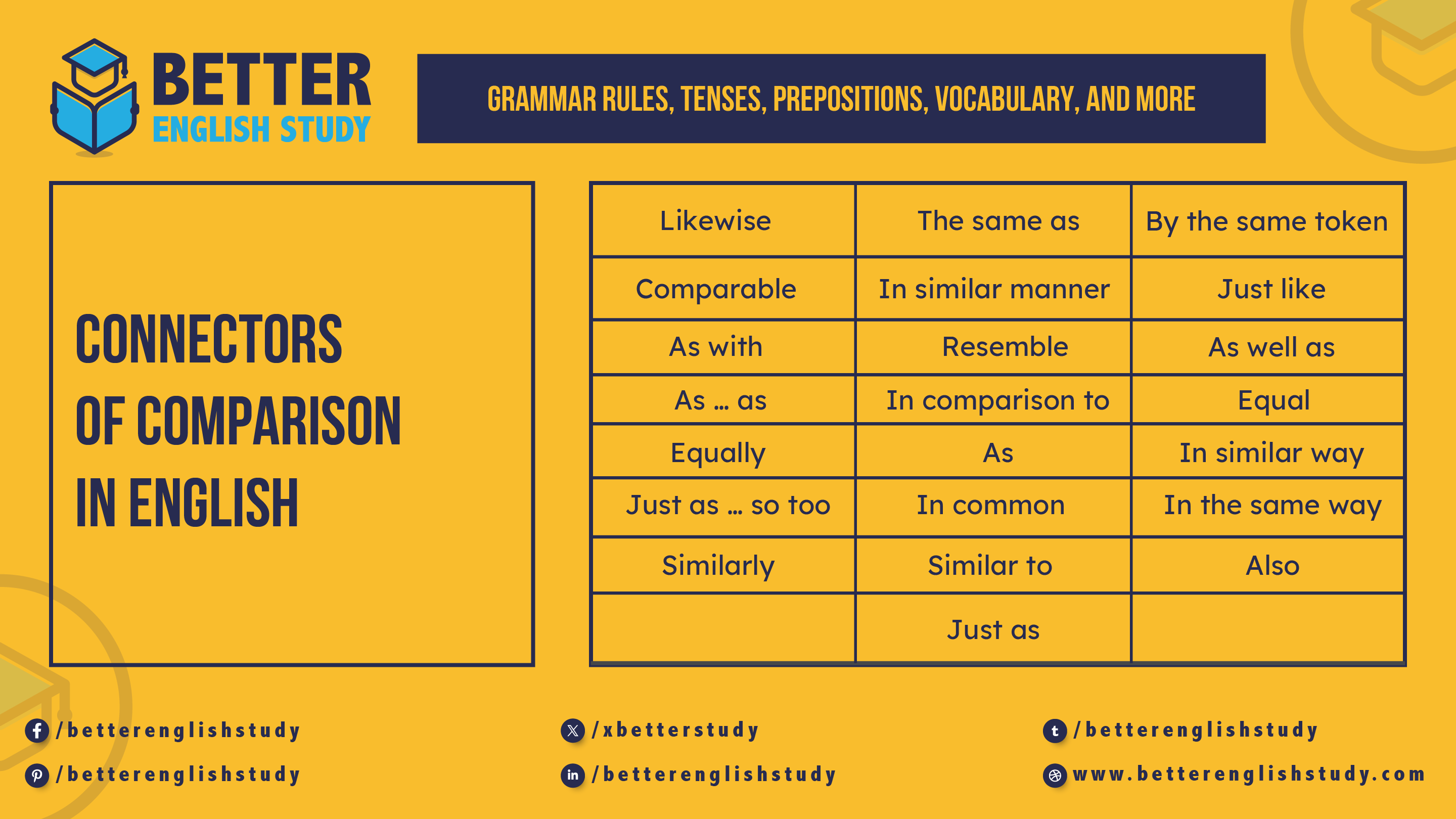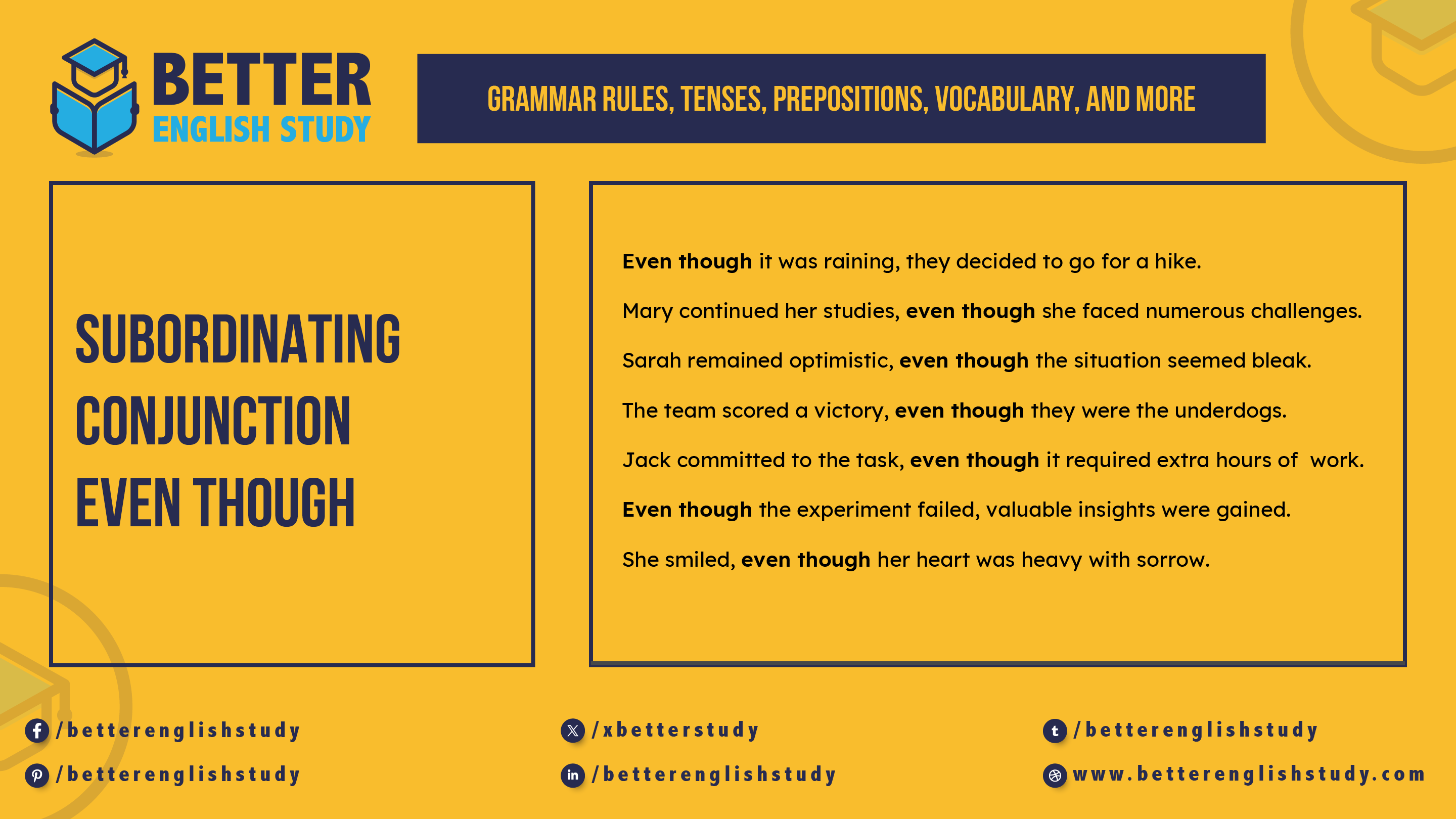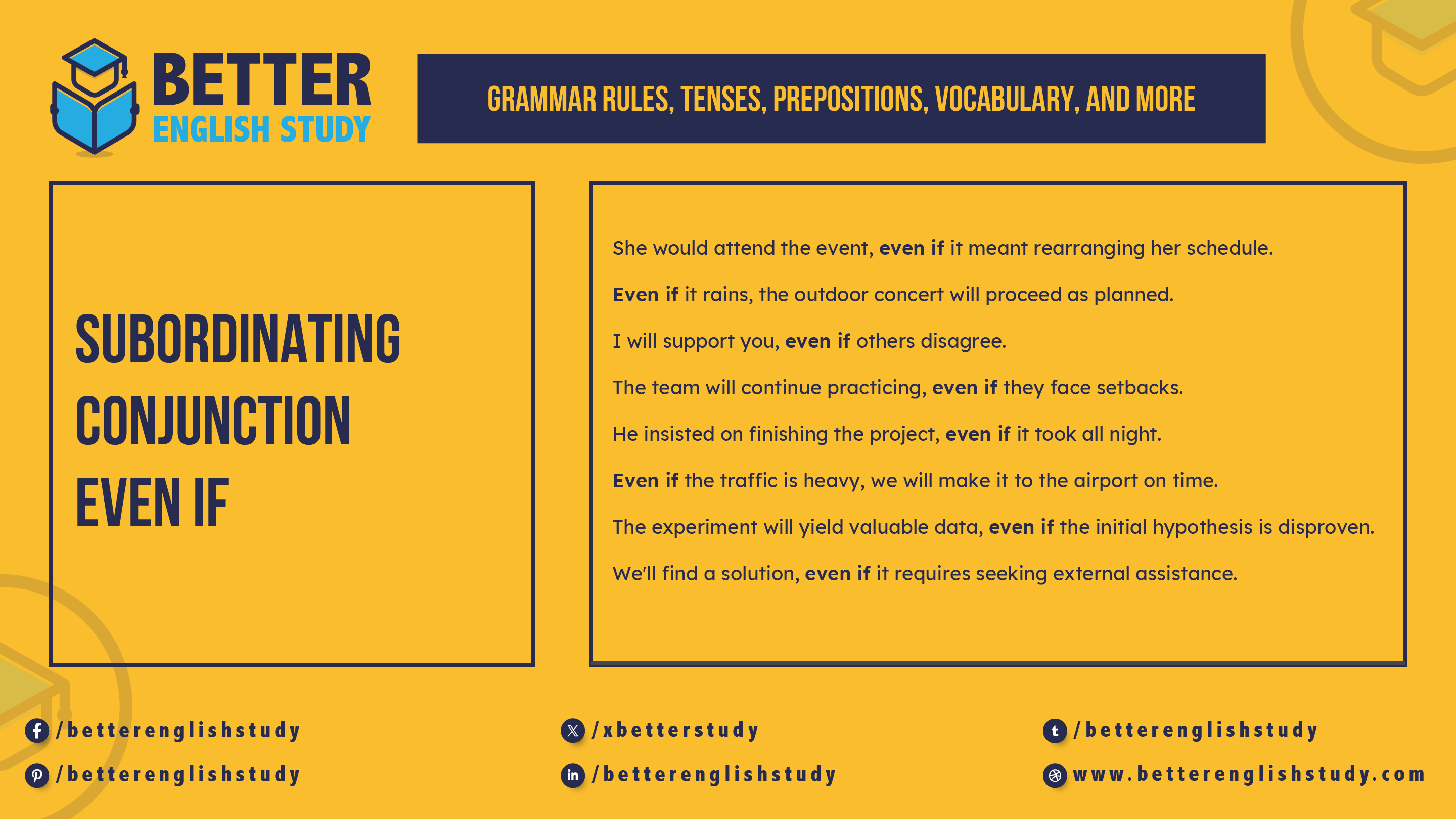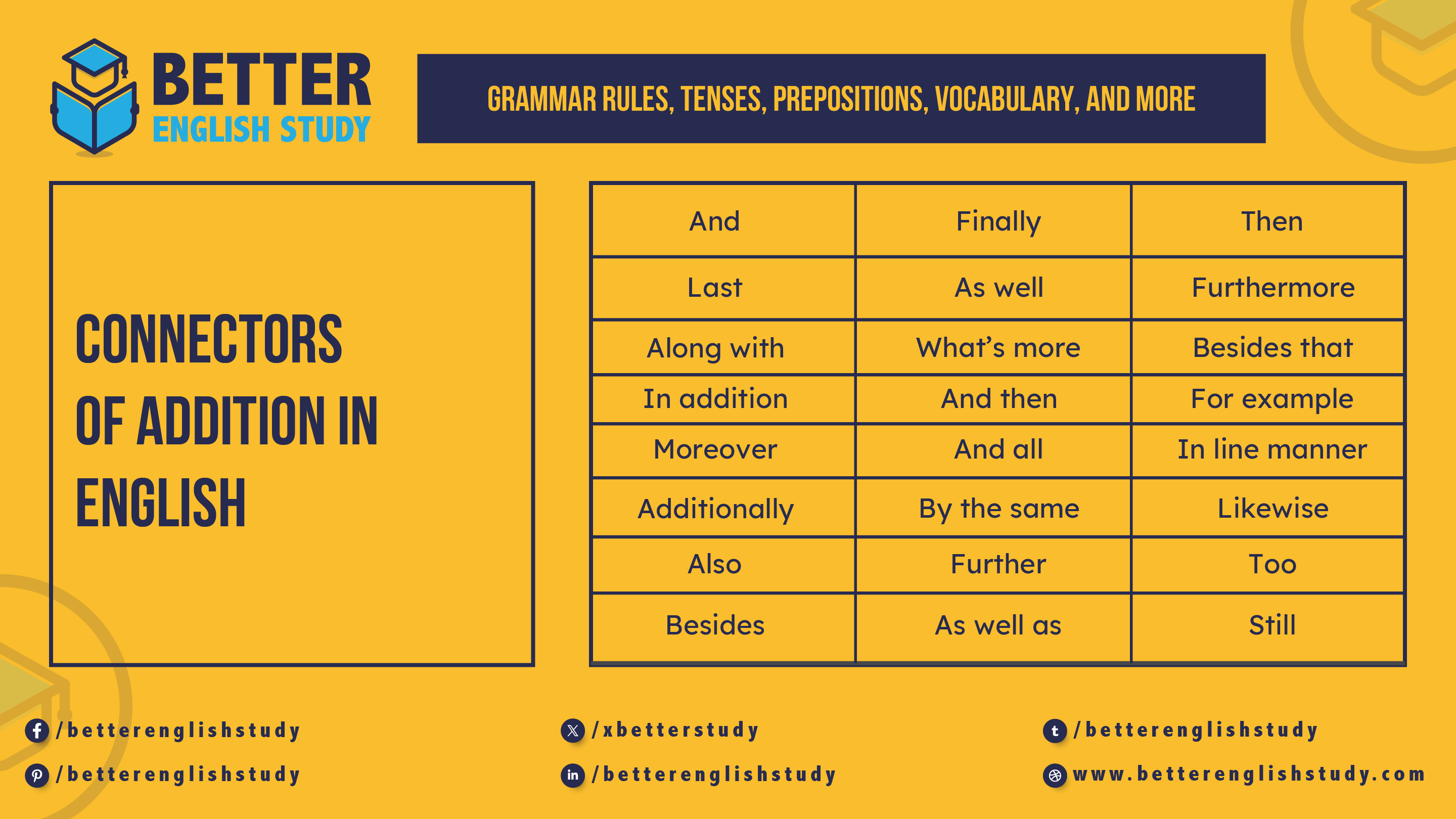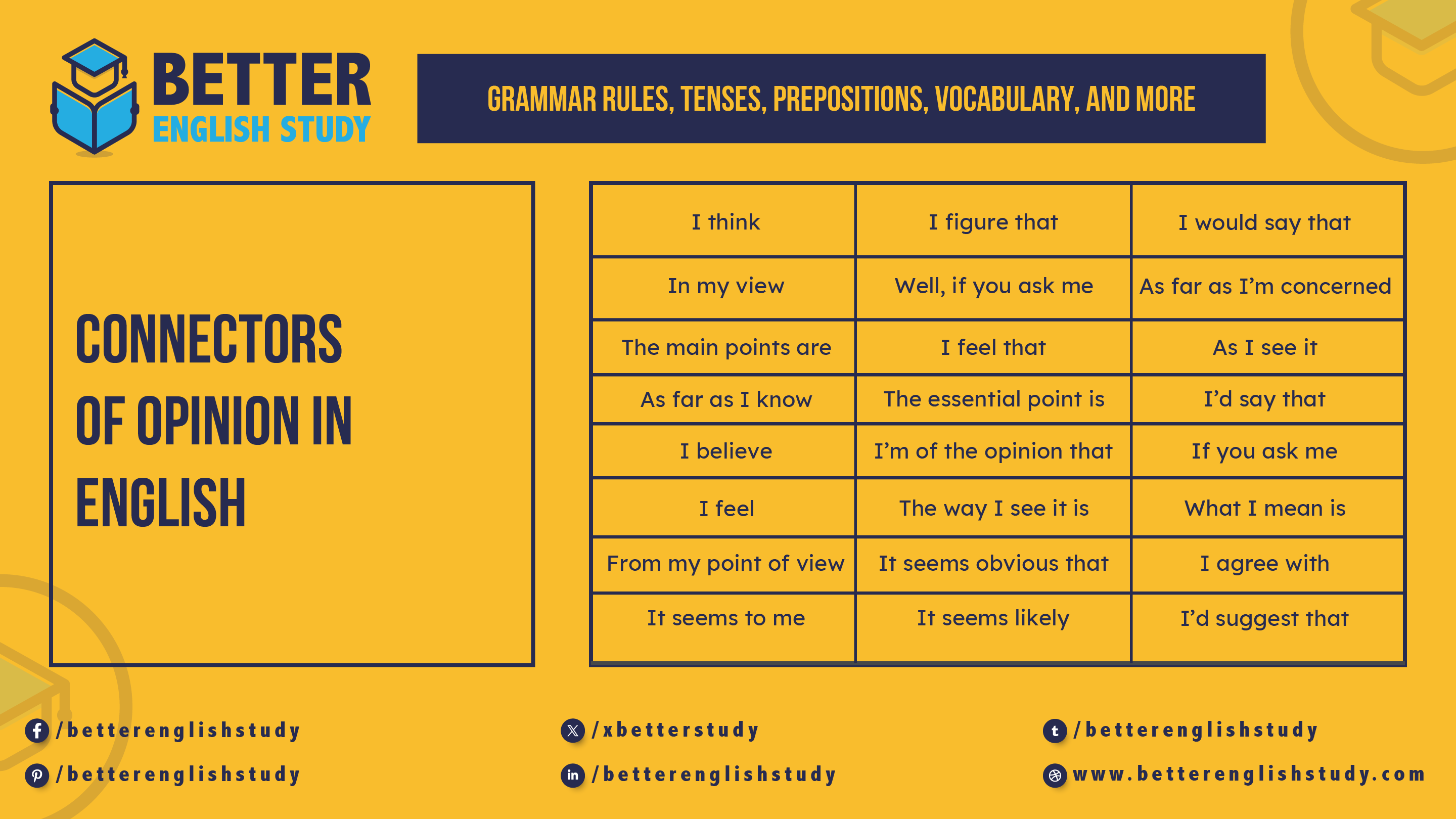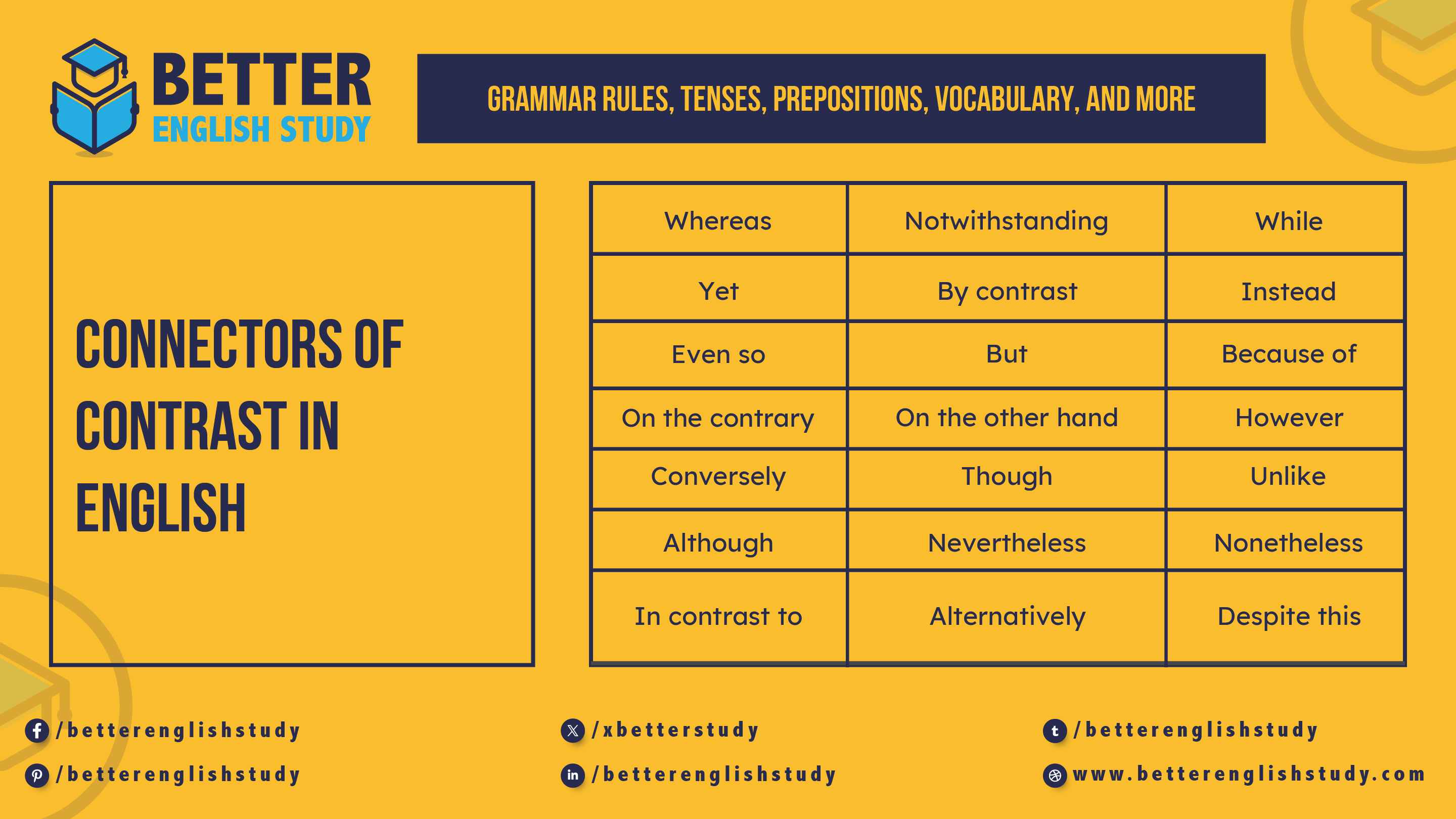How to Use Therefore in a Sentence
With its vast array of words and expressions, the English language provides us with tools to articulate ideas precisely. One such tool is the conjunctive adverb “therefore.” In this article, we will explore the meaning of “therefore,” understand when to use it, and discuss examples to illustrate its practical usage. Therefore Meaning Therefore, a conjunctive …

